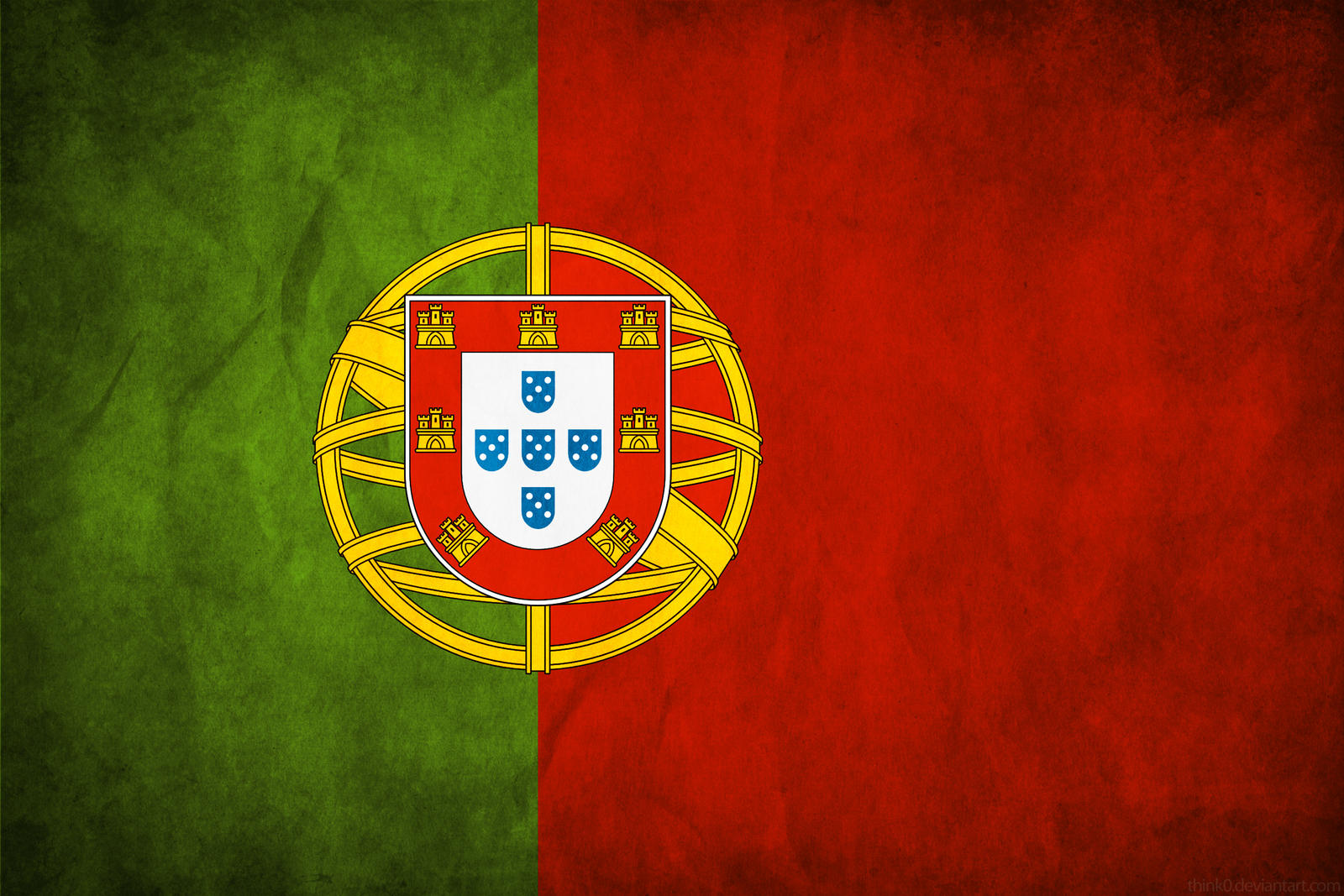The Portuguese-speaking world consists of nine independent countries around the world. These eight other countries have been former colonies of Portugal. There are also places where the Portuguese language has a significant role like in Macau, China or Goa in India. There are all the posts that I have written about all the Portuguese speaking countries underneath the map.
Total: 9
Africa (6)
Asia (1)
Europe (1)
South America (1)
Brazil
Age of Discovery, 1415-1543
In this post I'm going through the most important things considering happenings that have had the most impact on the modern times of all the Portuguese-speaking countries. Starting from the Medieval times to the present time and demonstrating how even small looking events have greatly affected the faiths of hundreds of millions of people for centuries.
The Birth of Modern Portugal, Ancient Times - 1415
300 Christianity spreads to Portugal, local languages get mixed up with Latin and Portuguese starts evolving
700s Berber and Arab tribes spread islam to the Iberian Peninsula
1000 The Empire of the moslem Moors starts degrading
1143 Afonso I declares himself the king of the independent Portugal
1297 Castile recognizes Portugal's borders which have remained nearly the same to our days
 |
| Afonso I Henrique of Portugal |
Attention: This time span covers only the discovery of the current Portuguese-speaking countries.
1415 Conquest of Ceuta
1446 Portugal discovers Guinea-Bissau
1456 Portugal discovers Cape Verde
1471 Portugal discovers Sao Tome and Principe
1483 Portugal discovers Angola
1494 Treaty of Tordesillas
1498 Vasco da Gama sails to Mozambique
1500 Portugal discovers Brazil when Pedro Alvarez Cabral sails there
1512 Portugal discovers East Timor
1521 Portugal had reached China
Portugal started the discovery of the world under the rule of King Joao I and his son prince Henry the Navigator. Ceuta was first conquered and then other parts of the African coast. The Portuguese found new trade routes and established some trade posts along the coast.
Portugal was the first colonial power but it didn't last long before Spain got into the game too. Eventually Spain and Portugal divided the whole world outside of Europe together in 1494 in the Treaty of Tordesillas.
As a result of the colonization and establishment of trade posts Portugal was the wealthiest country in the world in 1521 when it had reached China and Southeast Asia.
 |
| Portuguese discoveries 1415-1543 |
Europe colonizes the whole world, 1543-1974
1500s Portugal establishes a lot of plantations in its colonies and uses African slaves as workers
1580-1640 Portugal is controlled by the king of Spain
1600s England, France and Holland become the biggest rulers of the seas. Especially Holland tries to occupy areas where Portugal has influence.
1654 Portugal buys Brazil back from Holland
1800s Portugal abolishes slavery in its colonies during this century
1885 Berlin Conference, Europe negotiates about the division of Africa between the European countries.
1910 Lisbon uprising, the last Braganza ruler is overthrown and Portugal becomes a republic
1926 Antonio de Oliveira Salazar establishes the suppressive regime "Estado Novo"
1960s Portuguese African colonies start fighting for freedom
The 1400-1600s were the glory days of Portugal. The decline of the empire started in 1580 when the current dynasty didn't have any heirs and thus the king of Spain ruled Portugal and Spain until 1640 when the power was restored to the new Portuguese ruling dynasty.
England, France and Holland had already started colonizing the world and they had superseded Portugal and Spain as the kings of the seas. Portugal kept many of its colonies thanks to the support of England.
 |
1822 Brazil becomes independent
1974 Carnation Revolution in Portugal
1974 Guinea-Bissau becomes independent
1975 Angola becomes independent
1975 Cape Verde becomes independent
1975 Mozambique becomes independent
1975 Sao Tome and Principe becomes independent
1975 East Timor declares independence from Portugal but becomes occupied by Indonesia, gets independence finally from Indonesia in 2002.
1999 Portugal gives sovereignty over Macau back to China
Brazil became independent when the royalties of Portugal had fled to Brazil to escape from Napoleon. When the war was over they returned back to Portugal but the king left his son to Brazil who then became the first king of Brazil and declared it independent around the same time as the Spanish colonies in South America became independent.
The Portuguese colonies in Africa started fighting for freedom in the 1960s and they finally got independence after 1974 when there was a revolution in Portugal called the Carnation Revolution. The authoritarian government was overthrown by the military in the revolution and Portuguese colonies took advantage of the situation and declared independence after the event.
The last Portuguese colony was actually Macau and Portugal handed out the power back to China over Macau in 1999. That was the last European colony in Asia and that was the final point to Portugal as a colonial power. Portugal was the first and longest lasting empire in the world starting to conquer other areas in 1415.
Summary
The most decisive moments for the Portuguese-speaking world was the conquest of Ceuta in 1415, it started the discovery of the world. Then the Treaty of Tordesillas when Spain and Portugal divided the world together. Napoleon wars in the early 1800s were important because it resulted in Brazil becoming independent in 1822. Then finally the Carnation Revolution which freed all of Portugal's colonies after 1974.
Important dates
1297 Castile recognizes Portugal
1415 first conquest in Ceuta
1415-1512 Portugal discovers most of its colonies
1494 Treaty of Tordesillas
1580-1640 Union with Spain
1800s Napoleon wars
1822 Independence of Brazil
1974 Carnation Revolution
1974-75 Colonies becomes independent
 |
| Rio de Janeiro |
 |
| Portugal |
 |
| Angola |
 |
| East Timor |
 |
| Mozambique |
 |
| Cape Verde |
 |
| Guinea-Bissau |
 |
| Sao Tome and Principe |
http://en.wikipedia.org/wiki/Portugal
Maailman liput maat ja historia - Kimmo Kiljunen



No comments:
Post a Comment